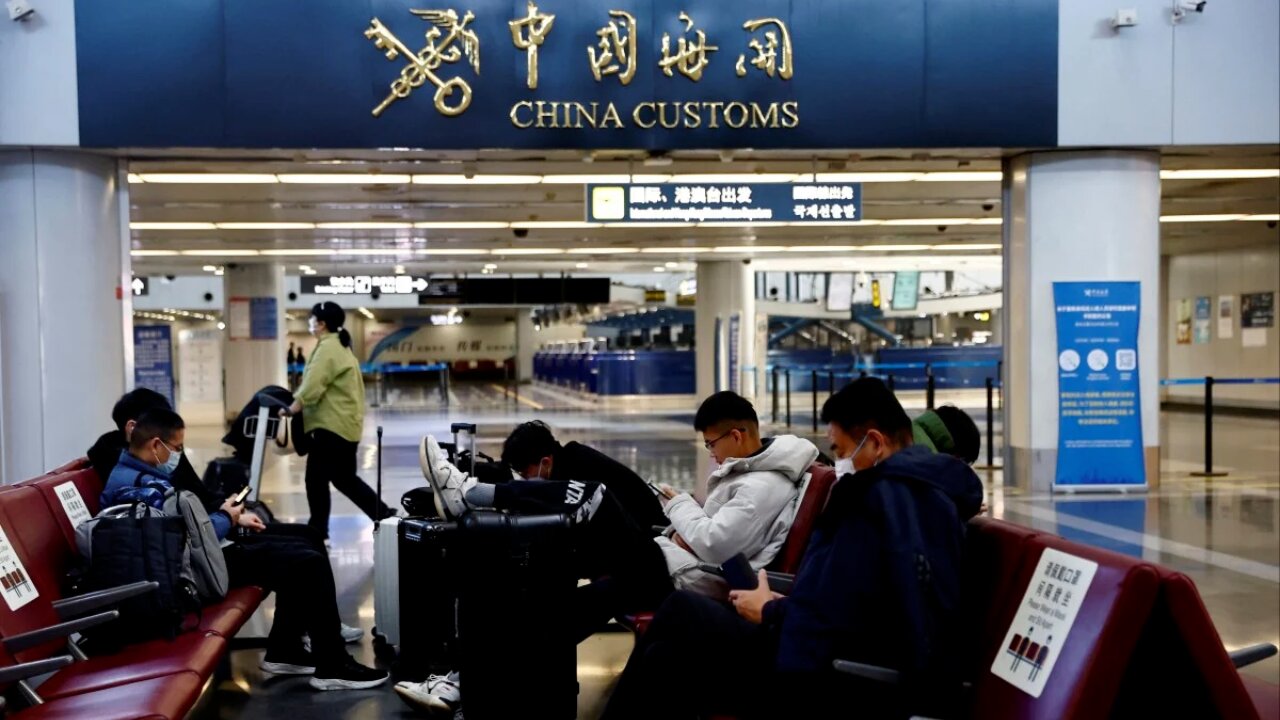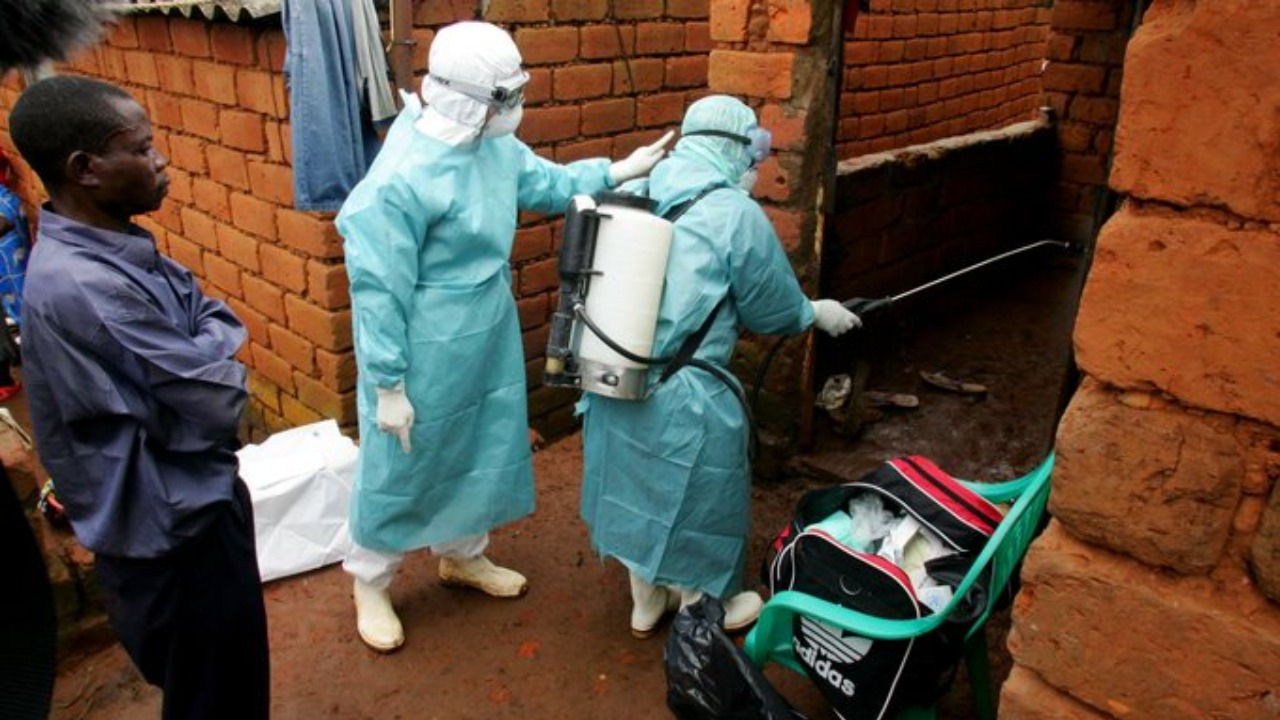China To Drop Covid Quarantine For Incoming Travelers In January

China's last major shift from the nation's zero-Covid policy will take place on January 8, according to officials.
This will essentially reopen the country to individuals with employment and study visas as well as those who want to visit relatives after three years of closed borders.
But it comes as China battles the virus' violent spread following the lifting of limitations.
According to reports, hospitals are overcrowded and senior citizens are dying.
Officials have ceased disclosing Covid data, therefore it is now unknown what the exact toll is in terms of daily case counts and fatalities.
Last week, Beijing reported a few deaths and around 4,000 new Covid infections per day.
It said on Sunday that it will no longer post case numbers at all. According to Reuters, however, the British health data business Airfinity claimed that China had more than a million infections and 5,000 fatalities every day.
After three years of lockdowns, closed borders, and required quarantines for Covid cases and contacts, China is the final major economy in the world to transition to "living with Covid."
The so-called zero-Covid strategy hurt the economy and made people tired of rules and tests that were repeated. President Xi Jinping was targeted in rare public protests in November as a result of public discontent with the program, and authorities soon abandoned the Covid regulations as a result.
Closed borders are still the fundamental limitation. Since March 2020, entering China has required a three-week minimum mandatory quarantine at a governmental facility. Recently, it was shortened to five days.
On the other hand, Covid was formally reduced to a Class B infectious disease on January 8 according to a statement made by the National Health Commission on Monday.
As a result, quarantine would be abolished (although new arrivals would still need to undergo a PCR test) and the daily flying limit entering China would also be lifted.
In addition, the authorities promised to "optimize" visa procedures for foreigners planning to visit, visit family, or study in China.
Uncertainty surrounds whether tourist visas fall under this category, but officials announced the launch of a test program for international cruise ships.
Many Chinese who can now go abroad again have welcomed the new regulations. Within hours after the announcement, the biggest online travel businesses in the nation reported an increase in traffic.
Many people have, however, also expressed their rage at the unexpected independence after years of restrictions.
As Covid cases surge in China, many people have also expressed fear online about borders reopening.
"Why can't we hold off on opening until this wave has passed? The medical staff is already exhausted, and elderly patients won't be able to endure two infections in a month "read the most popular Weibo (social media platform) comment.
People in cold-weather locations like Beijing and Shanghai claim to be out of cold and flu medications and scrambling to find medical attention for sick family members. It's thought that because crematoriums are overloaded, hundreds of deaths may not be registered.
President Xi made his first comments on the revisions on Monday, urging officials to take "feasible" action to save lives. He was quoted by state media as saying that a new situation with pandemic control faced the nation and required a more focused reaction.
According to analysts, President Xi is in a tough position as a result of China's shift in how it handles the pandemic. Zero-Covid, which many claimed severely restricted people's lifestyles and destroyed the economy, was his brainchild.
Analysts claim that because he abandoned it, he must now accept responsibility for the massive surge of infections and hospital admissions. Why the country was not more ready has been a subject of much debate.




